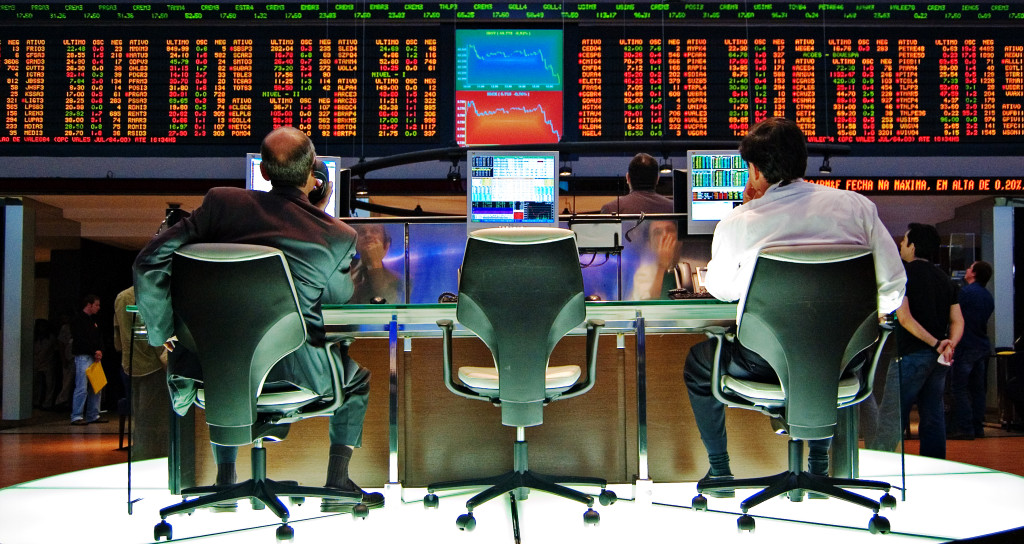Shares fall because they get used to cheap money. And they are afraid they will not be that cheap anymore. Since the crisis of central banks, ten-year interest rates amounted to zero and are only now slowly rising. Now, as in any other case, certain events have followed.
The record low interest rates since 2001 have been raised before the crisis, to which stock markets have responded by one of the highest declines in modern history. The solutions that the central banks have chosen remind us of the reason why we have come to the problems at all. They basically lowered the rates to zero. And today, the rates are starting to slowly rise again. Stock owners and traders remember it. Over the last few years, the ownership of shares has paid off profits that they would not like to lose. And so they sell.
New money is inflating stocks. From the new mortgage, through which the bank creates new money out of thin air, wherever the money flows, there are prices inflated. And so prices of real estate, stocks and eventually everything go up.
We do not see it clearly because inflation remains low. Compared with earlier years, it is mainly because consumer prices are not inflated, but people invest the new money. Inflation is reflected in real estate, land, the price of shares, as well as paintings and art in general. With new money people no longer buy a second car and a second dinner. They prefer to buy their own apartment and invest in shares. And because the richer get to the new money faster, the effect is even stronger.
All this was reinforced by central banks, which bought stocks in record volumes. For example, the Japanese Central Bank gradually becomes the majority owner of dozens of the largest companies in the country. This pulls the price of those shares up. It is not just because of the purchase itself, but also because the central bank has no reason to sell the stock. Even if the company has no results, the central bank does not care, it cannot go bankrupt. It is good to own the shares of a company that is co-owned by someone who has unlimited money reserves.
The last stock market fall may be a minor technical swing. A small burst of the whole bubble. But the bigger slump that awaits us will be nothing more than a predictable reaction to the fear of the end of an easy monetary policy. All that will end soon. Fear that people will not buy new flats because they will have higher interest rates. If the people do not invest more, the prices of these assets will stagnate or fall. Whoever buys in times of a loose monetary policy, wins. When screws begin to tighten, the winner is the one who sells first.



